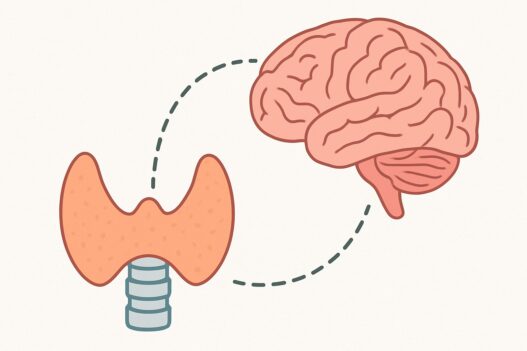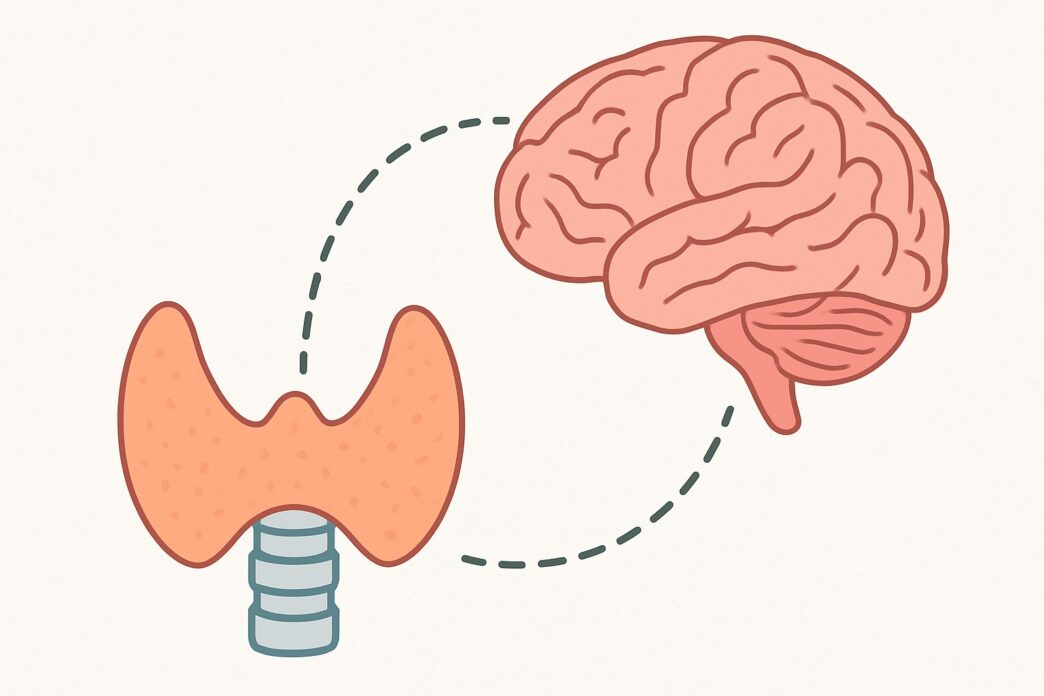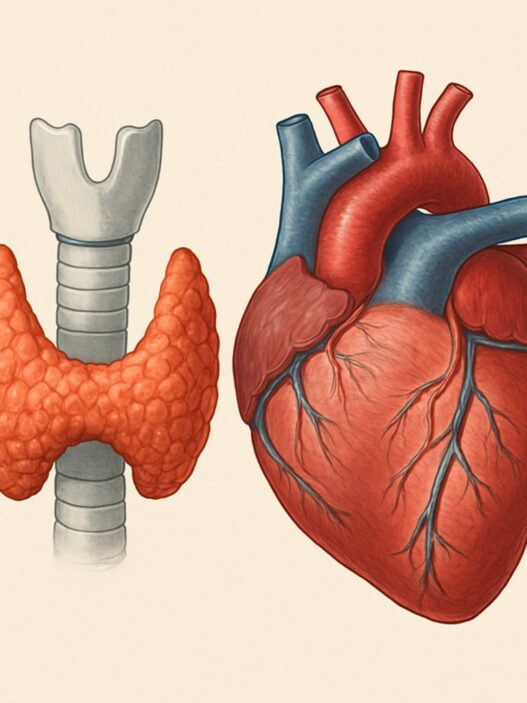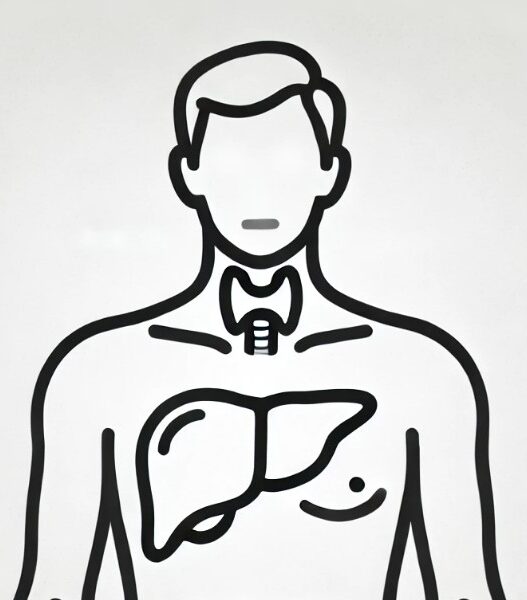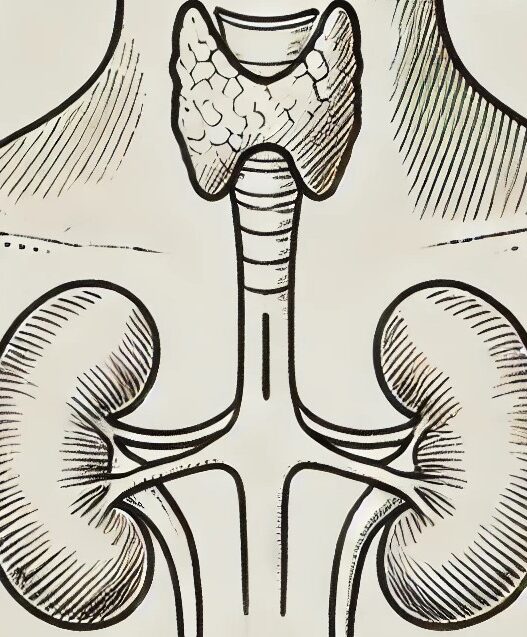Did You Know? Hashimoto’s Can Cause Brain Fog and Memory Issues
When we think about thyroid health, we often focus on weight, metabolism, or energy levels. But did you know that Hashimoto’s thyroiditis can also cause brain fog, memory problems, and mood changes—even when your thyroid levels appear “normal”?
As someone living with Hashimoto’s, I know firsthand how frustrating it can be to lose your train of thought, forget common words, or feel like your brain is moving in slow motion. It’s not just in your head—and research backs this up.
The Thyroid-Brain Connection
Thyroid hormones play a critical role in brain function. They regulate metabolism in brain cells, help with myelin production (the insulation for your nerves), and affect how brain chemicals like serotonin and dopamine work.
One study published in National Library of Medicine explains how thyroid hormones impact brain development and function, making them essential for mental clarity:

Why Brain Fog Happens in Hashimoto’s
A 2022 Study on 5170 participants found that people with Hashimoto’s often suffer from cognitive impairments such as fatigue and congnitive symptoms such as forgetfulness, and reduced attention span in addition to brain fog—even if their hormone levels are within range and they are on thyroid hormone replacement therapy.
Brain Fog in Hypothyroidism: Understanding the Patient’s Perspective.
This means that even when blood tests say you’re “fine,” your brain might be telling you otherwise.
Inflammation and the Brain
Hashimoto’s is an autoimmune condition, meaning the body is in a chronic state of inflammation. This inflammation doesn’t just affect your thyroid—it can cross the blood-brain barrier and affect brain chemistry.
A review in Nature Reviews Neuroscience explains how inflammatory cytokines can disrupt normal brain function and contribute to fatigue, mood changes, and cognitive slowing.
From inflammation to sickness and depression: when the immune system subjugates the brain.
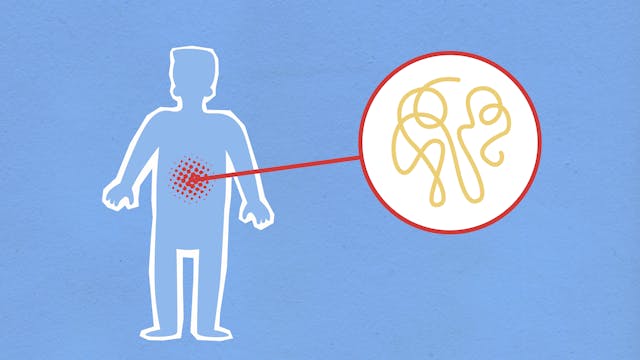
Nutrient Deficiencies Make It Worse
Many people with Hashimoto’s also have autoimmune gastritis, which impairs nutrient absorption—especially vitamin B12, essential for nerve and brain health.
A study in Nutrients confirms that vitamin B12 deficiency is linked to memory issues, mental confusion, and even neurological damage if untreated.

What Helped Me Clear the Fog
While there’s no overnight fix, healing is possible. Here’s what helped me restore my brain function:
Anti-inflammatory diet (AIP helped reduce flares and gut inflammation)
Targeted supplements like B12, magnesium, selenium, and zinc
Better sleep—deep sleep helps detoxify and reset brain function
Stress management through breathing, walking in nature, and slowing down, painting, knitting
Exercise – walking, playing social Pickleball or Tennis (doubles)
Mental stimulation, such as journaling, puzzles, and creative work
Key Takeaway
If you’re living with Hashimoto’s and struggling with brain fog or forgetfulness, know that you’re not alone—and it’s not just in your head. Cognitive symptoms are a well-documented part of this condition, even in the absence of extreme lab abnormalities.
By understanding the thyroid-brain connection and supporting your body through nutrition, sleep, and lifestyle changes, you can begin to lift the fog and think clearly again.
Let’s Talk
Have you experienced brain fog with Hashimoto’s? What helped you feel better? Share your story in the comments—your experience might help someone else feel less alone.









